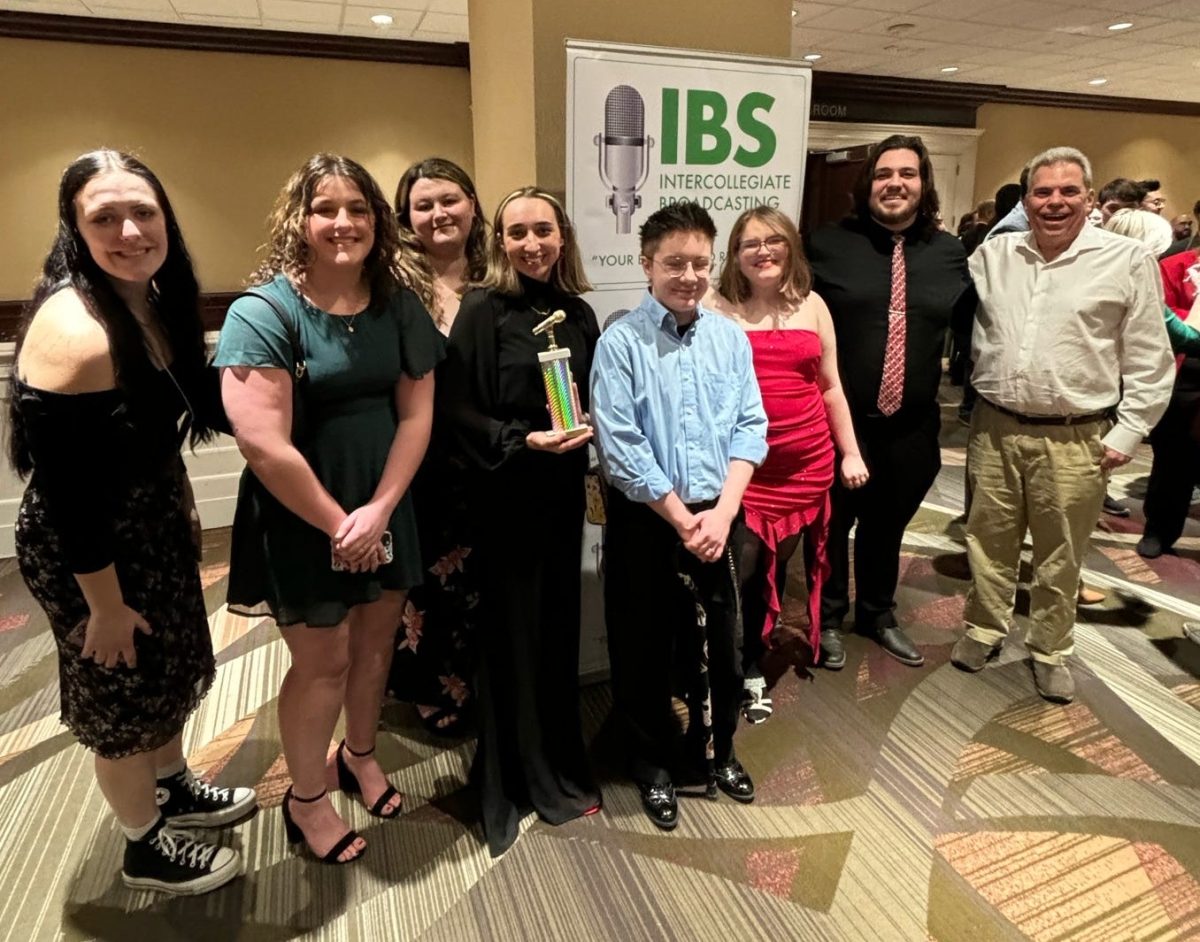Passionate hatred for the misuse of LOL caused one man to create a Facebook group lambasting the term.
British native Ant Bacon created this group after receiving a series of messages from a friend, including:
“Just got in from work and am WELL tired!! LOL! Just gonna cook me tea and get in front of the telly tonight lol.”
Bacon said his friend didn’t mind being used as an example. “He was actually one of the first to join [the group],” he said, via email from his London home. “I always gave him a ribbing about using LOL so much, and my friends know I can be acid-tongued.”
LOL made Lake Superior State University’s “List of Banished Words” in 2004. Every year, the organization makes a list to pay tribute to overused words in the American vernacular.
While 2011’s list mainly comprised phrases not born of technology, such as “wow factor,” “a-ha moment,” “epic” and its partner, “fail,” the list continues to pay tribute to terms that come from Mother Internet.
It includes the use of Facebook and Google as verbs – as in, “I just Googled a picture of a cat ‘typing’ on a computer and it made me LOL” – among this camp.
Junior nursing major Allison DiPlacido said she doesn’t mind the use of Facebook and Google as verbs because she said she is a guilty of that crime.
However, she said she isn’t as accepting of the use of LOL. She said she prefers to denote her amusement through “haha.”
DiPlacido’s dislike of LOL has at least one important opponent – the Oxford English dictionary. Oxford recently decided LOL, OMG and FYI deserved recognition alongside such doozies as floccinaucinihilipilification, which apparently means the estimation of something as worthless.
DiPlacido might consider LOL a floccinaucinihilipification, but Lexi Mastro, a freshman physician assistant major, said she finds it quite useful, if notfor its intended purpose.
“I use it when it’s not applicable,” she said. “You’ll say something serious and then add LOL because it gets rid of tension.”
However, Mastro said she hates LOL’s first cousin, OMG. “It’s so catty,” she said.
“You read it and it has a weird tone.”
Mastro said tone is often mistaken in text messaging and computer chatting because these methods offer very little in the way of nonverbal cues.
She said she doesn’t think LOL and its brethren should have been added to the dictionary because people don’t use these phrases in actual conversations.
Bacon said he thinks the inclusion was inevitable. “If enough people use these phrases and memes it could be argued that it’s a natural progression of language,” he said. “I’ll just quietly sulk about it for fear of being called a lexical fascist.”
DiPlacido said she doesn’t think it’s a big deal these phrases were added to the dictionary. “I laughed when I first heard it,” she said.
“But I think that those are so commonly used [terms] these days, its okay to put them in the dictionary.”
She said she thinks in the future, more words will be invented for texting purposes than speaking purposes, but she doesn’t think that’s a good thing.
“I think a lot of the upcoming generation doesn’t and will not have communication skills because of texting” she said.







hiit • Oct 20, 2011 at 5:03 pm
Can i say LOL 😀
Nice post!